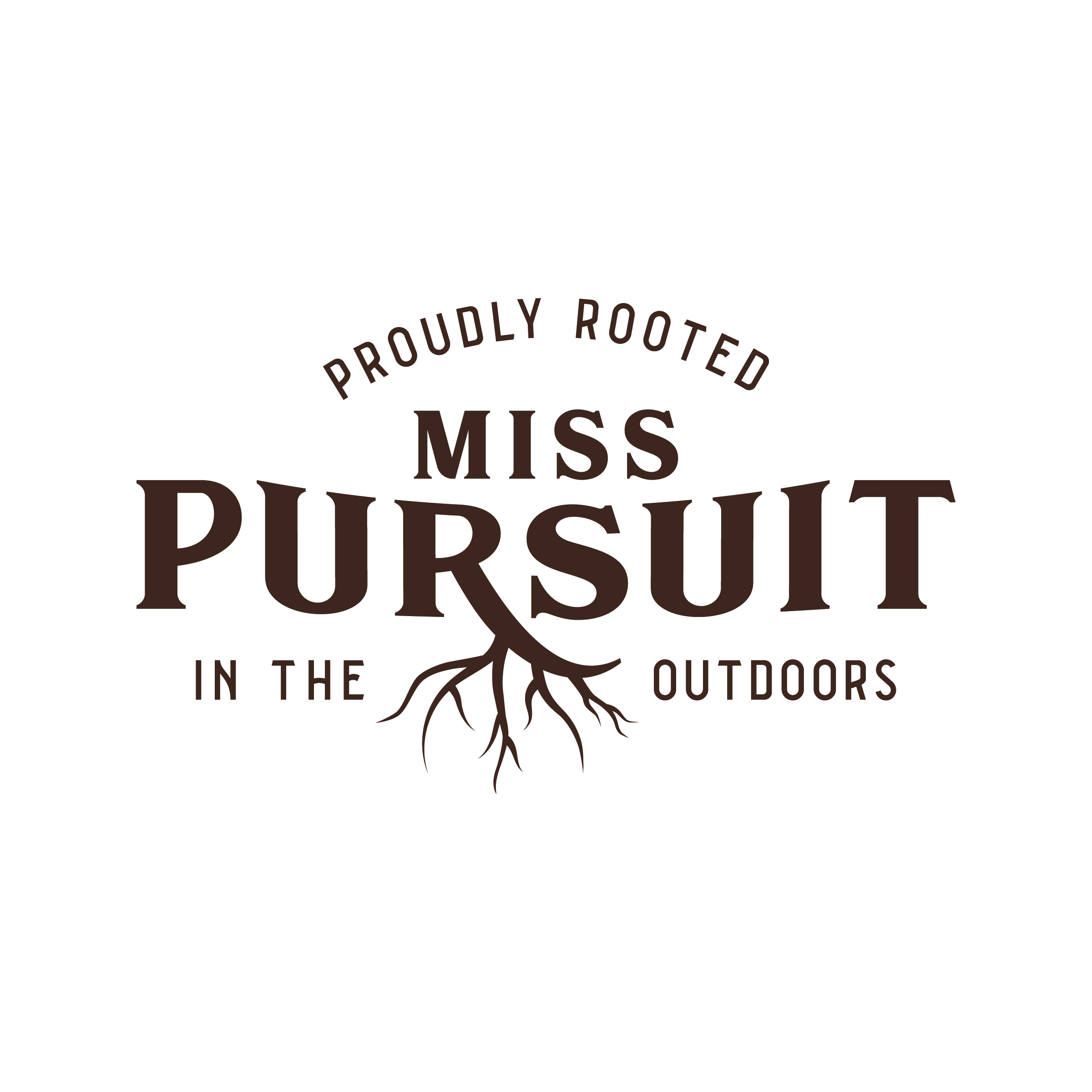Spending time outdoors can be a great way to connect with nature and get some exercise. But it's important to stay safe while doing so. Whether you're hiking, camping, or just taking a walk in the woods, here are some key tips to avoid getting lost or injured. Here are some helpful tips for staying safe outdoors.
We'll start this by saying, “Get lost in the outdoors – but not REALLY.” Growing up near a National Forest with over 180,000 acres, I’ve been haunted by missing person stories. If you spend any time at all in thickly wooded areas, then you know how quickly you can get turned around. It is absolutely terrifying.
With the current headline of a young missing duck hunter, it has made me reflect on how my family hunts safely and the systems we have in place in case of emergency.
Here are 5 ways to ensure you not getting lost outdoors:
- Think Ahead / Know Your Area – Each region has different dangers. Are you going somewhere known for bears? What about poisonous snakes? What kind of terrain are you facing? What is the climate like? If in a warm climate, are you at risk for overheating? If in a cold climate, are you protected from hypothermia? The list could easily continue, but asking yourself questions like these can help you to prepare. Even if it is an area that you are very familiar with, accidents can happen to anyone: Taking a wrong turn, medical emergencies… you get the point. The number one rule for preparedness in the wild is to expect the unexpected.
- Formulate – After you have thought about the potential hazards you may encounter, pack a bag with essentials. This can be as simple or complex as you need it to be. Some basics would be – flashlights, water, a fire starter, bright tape, an air horn, a permanent marker, and first aid supplies.
- Communicate – Always let someone know where you are going. Be as specific as possible. Include what you plan to do and what time you plan to be home. Turn the location on your phone and share it with someone you trust.
I heard a heartbreaking story of a hunter that fell from his tree stand. He didn’t tell anyone where he was going because he was hunting a record-breaking buck. He didn’t want anyone else to harvest it before he could and the hunter fell from his tree stand. He ultimately died from hypothermia because he lay there injured for several days before being found.

We hunters are the worst at being secretive with our hunting areas, especially on public land to prevent people from hunting our “spot.” I get this, but it is so important someone knows where you plan to be. The more details you share with them, the easier it will be for them to identify a problem if you don’t arrive home on time and have a starting point of where your location might be.
- Be on Alert – Practice caution and watch for anything that could harm you. Listen for predators, especially if you are tracking wounded game or have field dressed an animal. If climbing to hunt, be sure to wear your harness or safety gear. Tree stand falls are the leading cause of hunting fatalities. You should also practice gun safety and have hopefully passed a hunter education program even if not required in your state.
- Observe – Pay close attention to large landmarks in nature and focus on your surroundings. Of course, you can always purchase a handheld GPS to take along but the cost of these varies and can be expensive. If you do not have a GPS or cell phone service, you may have to get creative. One way you could do this would be to mark your trail on your way in with marking ribbon and/or reflective tree markers. The ribbon only costs a few dollars, each roll is 50-100 feet in length, and comes in a variety of bright colors. Tying pieces of ribbon as you walk will help track your path back. Be sure to remove anything you place in the woods on your way out.
Hopefully, you don't get lost in the outdoors, but if you happen to, you have done some of the things listed above. If so, it will cut down on search and rescue time tremendously. Try not to panic. Stay put if you can. If you are on the move for any reason, leave traces or notes including where you are heading, if you have any injuries and any other pertinent information for rescuers.
